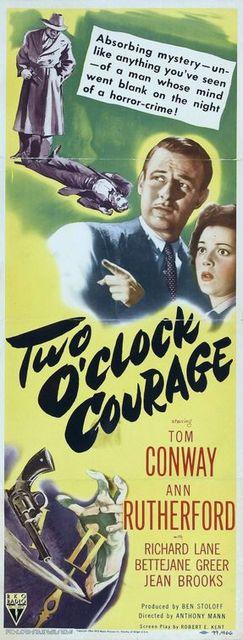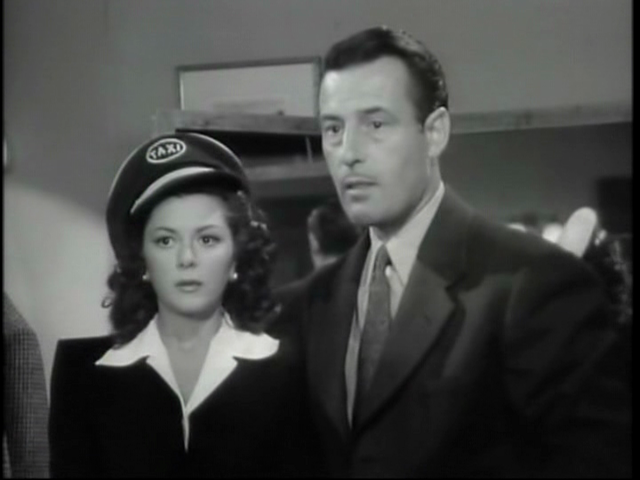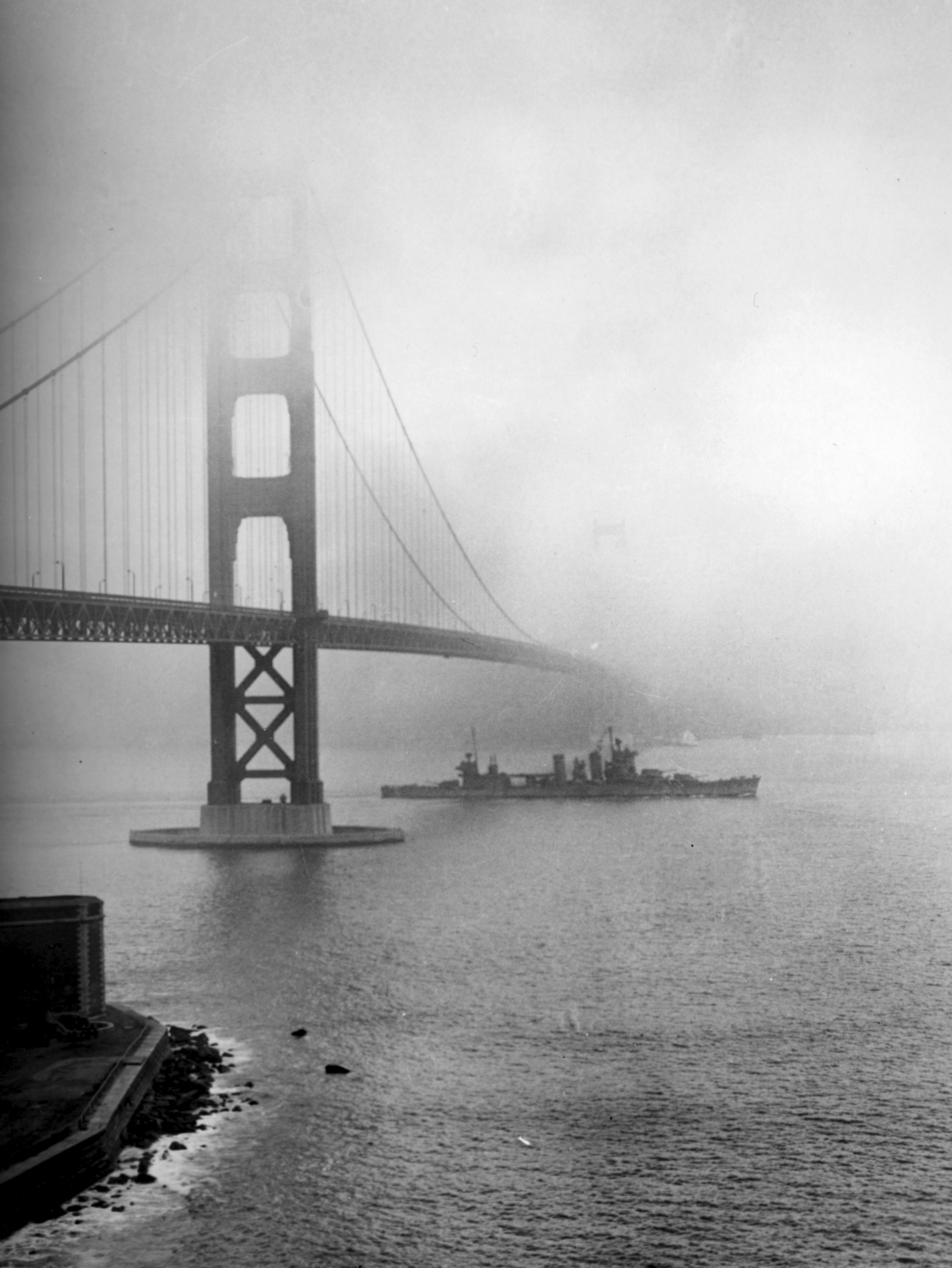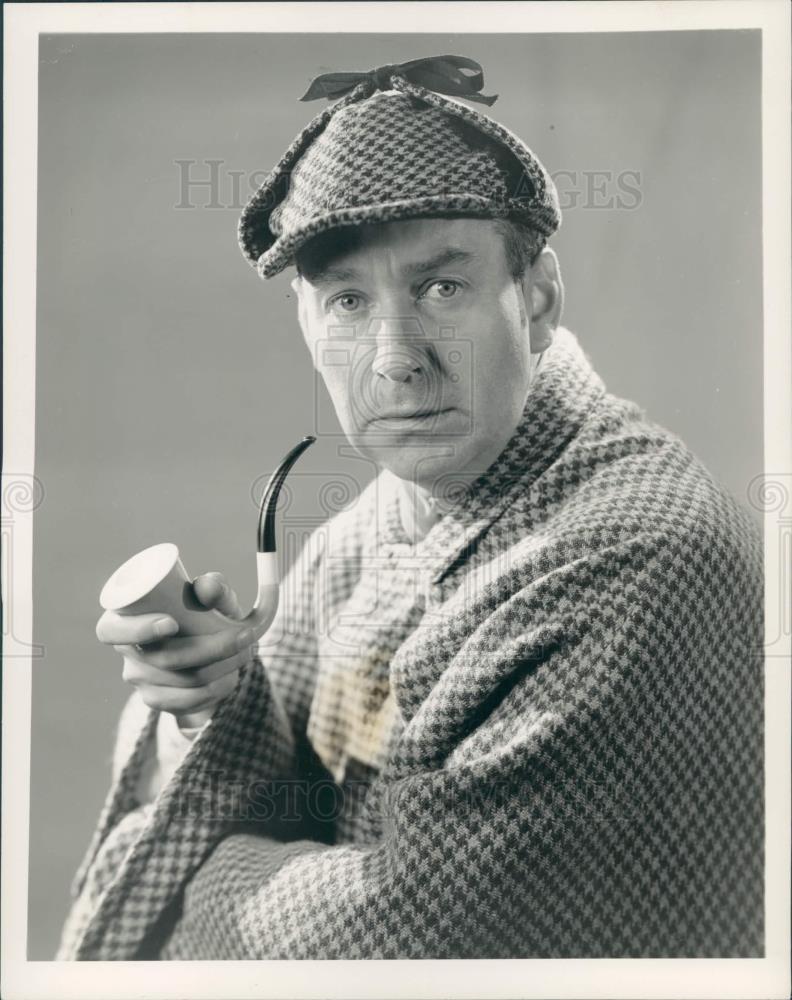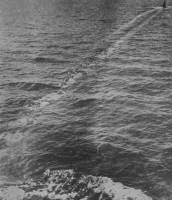Nina Foch comes to Dr. Ordway's house (Warner Baxter) in the middle of a noctural storm. She has had suicidal impulses and wants his help. While they talk, Ben Welden, the groundskeeper at their mansion, listens through the door. Baxter does to her house, meets the other members of the family, and agrees to sleep in her room to investigate her experiences. While he sleeps, a mist is pumped into the room, then a hooded female figure walks across. A man is murdered in the hall, but the body disappears. The next morning Baxter finds the body on the beach.
Baxter discovers the laboratory of George Zucco. He has discovered a way to make synthetic fabric out of weeds. He meets the various members of the household, including guests (called "building suspects"). While he is exploring the old house, Welden pulls a gun on him, but Baxter disarms him and they talk. Baxter had followed Foch to Baxter's house because he thought she was being blackmailed, and was trying to protect her. Baxter finds the candlestick that was used to murder the victim, and tht night his room is searched while he is gassed.
The culprit turns out to be Lester Matthews, who was trying to have Foch declared incompetent so she could not testify against him in court.

Welden










